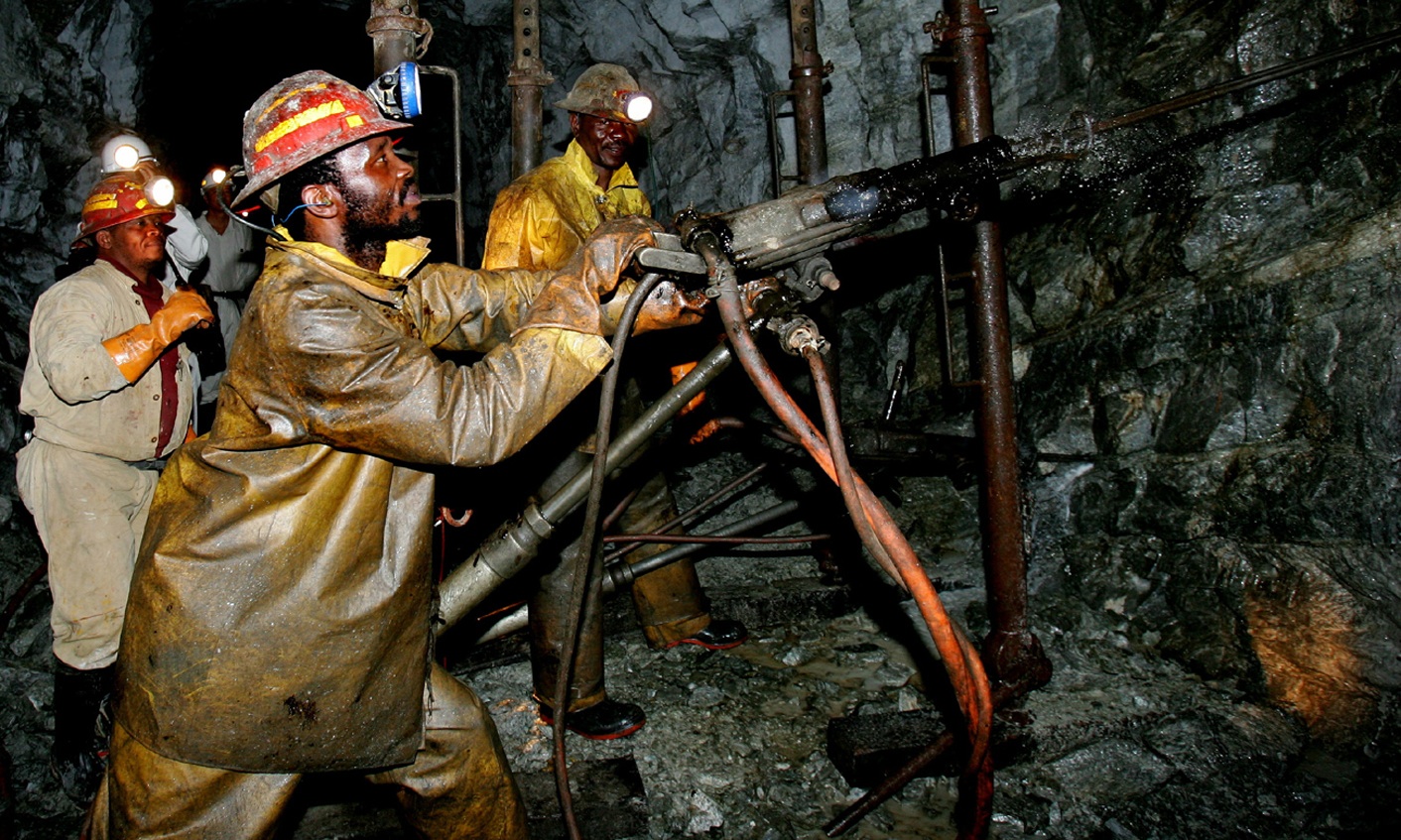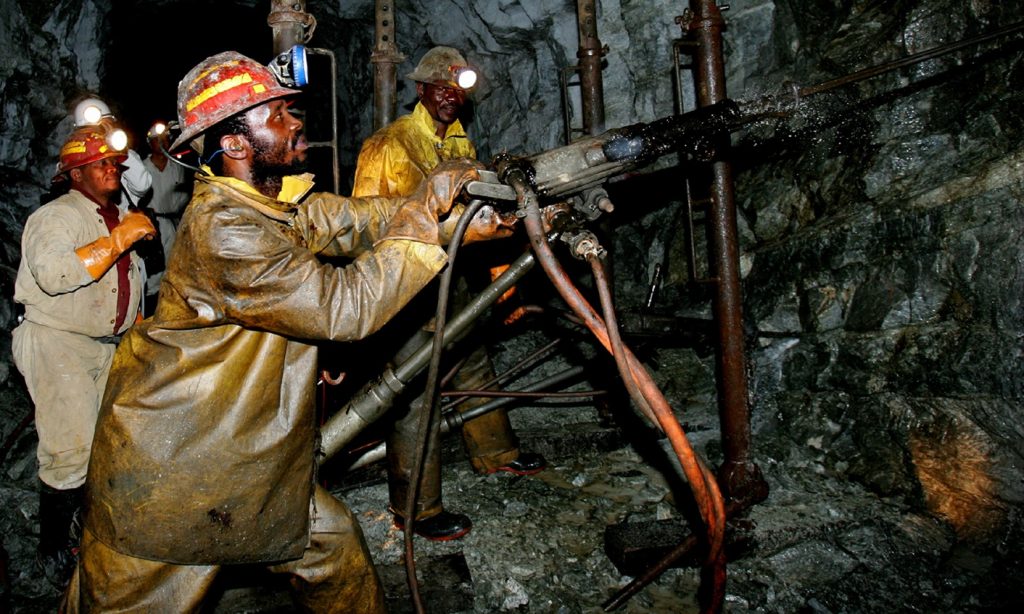
South Africa’s latest mining overhaul could be mired in a long legal battle as producers vowed to stop the changes even as government said it’s time the black majority benefited from the country’s mineral wealth.
Mineral Resources Minister Mosebenzi Zwane unveiled new rules for so-called black economic empowerment, including tougher ownership requirements, a community-development tax equal to 1 percent of revenue, and expanded quotas for buying goods and services from black-owned companies.
The Chamber of Mines, which represents South Africa’s biggest producers, plans to start fighting the plan in court as soon as next week.
“This charter’s not going to see the light of day anytime soon,” Peter Leon, the Africa co-chair at law firm Herbert Smith Freehills LLP, said by phone on Thursday. “We’re looking at years of protracted litigation.”
Producers are fuming after having been kept in the dark on the details of the updated Mining Charter and the chamber refused to attend a last-minute meeting with Zwane’s department earlier Thursday, saying it wouldn’t be coopted into lending support. The new rules, which don’t give credit for deals already concluded where the black shareholders have since divested, will deter investment and serve as a “nail in the coffin” for the local sector, said Steve Phiri, the chief executive officer of platinum producer Royal Bafokeng Platinum Ltd.
“We’re confident of our prospects in court,” he told reporters in Johannesburg. “I would not rule out the possibility of this matter being decided by the highest court in the land.”
Negotiated Solution
The chamber would still much prefer to reach a negotiated solution but is prepared to fight the changes if needed, President Mxolisi Mgojo told reporters.
Under the new rules, companies must ensure that their South African assets are 30 percent black-owned within 12 months, up from a previous level of 26 percent. If upheld, several of the country’s biggest mining companies would have to sell new stakes, raising the risk of dilution for existing investors.
“The value destruction is hard to quantify and the uncertainty will persist,” Liberum Capital Ltd. analysts including Ben Davis said in a note. “What is certain that South Africa continues to be a terrible destination for mining investment and assets in South Africa will continue to trade at a discount.”
South Africa holds the biggest reserves of platinum, chrome and manganese and mining companies operating in the country include Anglo American Plc, Glencore Plc and AngloGold Ashanti Ltd.
White, Male
The push for increased black ownership of the industry is part of an effort to address the legacy of apartheid and, with its highly paid, mainly white, male executives overseeing hundreds of thousands of workers laboring in some of the world’s deepest and most dangerous operations, the mining industry is starkly symbolic of the country’s persisting inequalities. Yet critics say many deals have mainly benefited the politically connected elite and deter foreign investors.
Mining companies may also be getting caught in the cross hairs of local politics and posturing ahead of the ruling African National Congress’s leadership conference in December, said Theo Venter, a political analyst at North West University’s business school in Potchefstroom, west of Johannesburg. The party will seek an urgent meeting with Zwane on the charter and is concerned about potential job losses as a result of the new charter, spokesman Ziki Kodwa said on Thursday.
The ANC conference will pit rival factions, including one led by President Jacob Zuma, against each other.
“This is part of an effort by the Zuma faction to provide hard evidence that they are trying to put radical economic transformation into practice,” Venter said. “They are saying: ‘We are not only talking, we are doing something.’”

